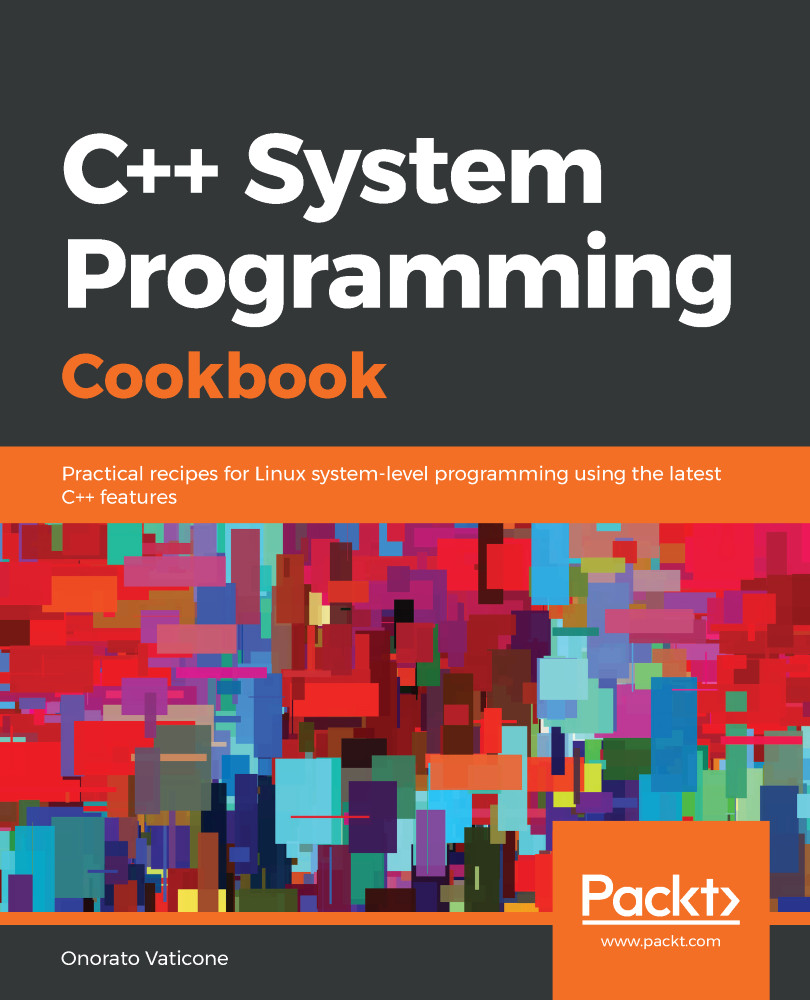Before C++20, there was only one way of structuring a program in parts: through the #include directive (which is resolved by the precompiler). The latest standard added another and more modern way of achieving the same result, called module. This recipe will show you how to write code using modules and the differences between #include and module.
-
Book Overview & Buying

-
Table Of Contents

C++ System Programming Cookbook
By :

C++ System Programming Cookbook
By:
Overview of this book
 Free Chapter
Free Chapter
